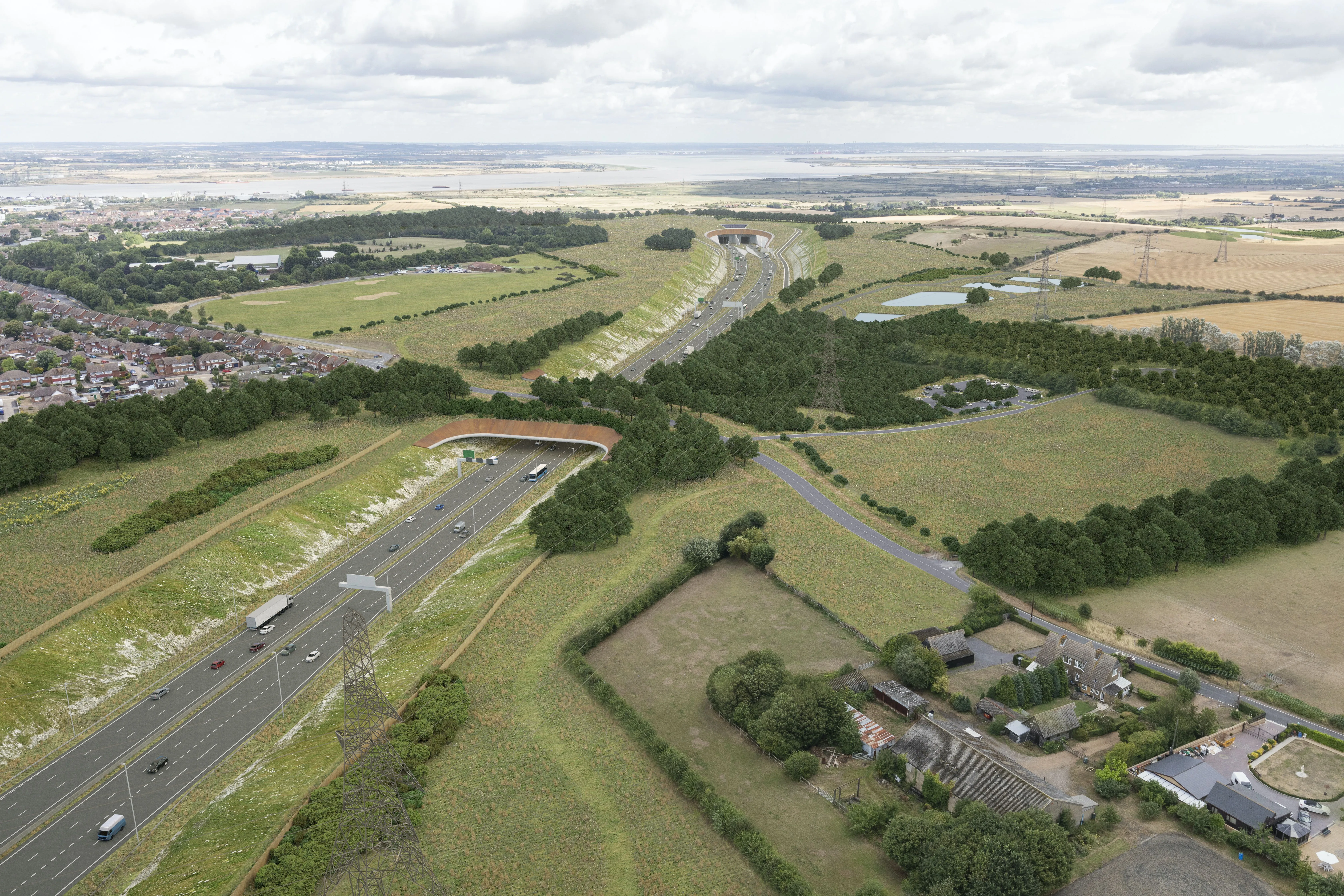The number of hours spent stuck in traffic jams on Swiss motorways almost doubled between 2008 and 2012, according to Credit Suisse. The bank also noted traffic jam concerns in Swiss cities, with Zurich ranked worst for jams, followed by Geneva and Lausanne.
Credit Suisse says congestion zones or tolls such as those in London, Stockholm and Singapore are needed in cities like Zurich and Geneva.
March 19, 2014
Read time: 1 min
The number of hours spent stuck in traffic jams on Swiss motorways almost doubled between 2008 and 2012, according to Credit Suisse. The bank also noted traffic jam concerns in Swiss cities, with Zurich ranked worst for jams, followed by Geneva and Lausanne.
Credit Suisse says congestion zones or tolls such as those in London, Stockholm and Singapore are needed in cities like Zurich and Geneva.
Credit Suisse says congestion zones or tolls such as those in London, Stockholm and Singapore are needed in cities like Zurich and Geneva.







